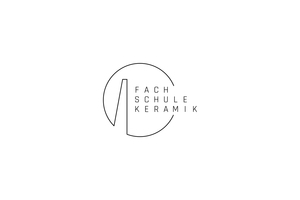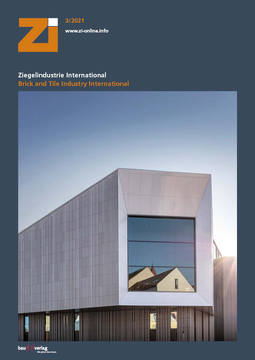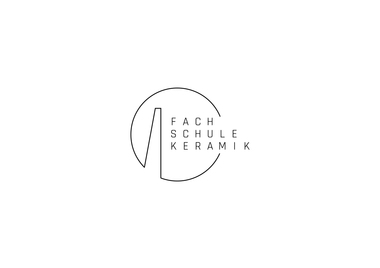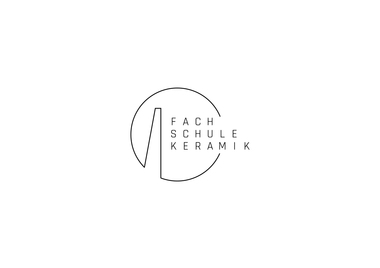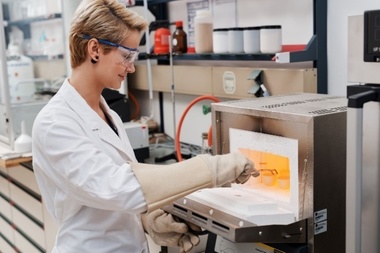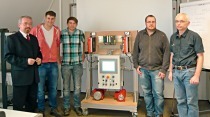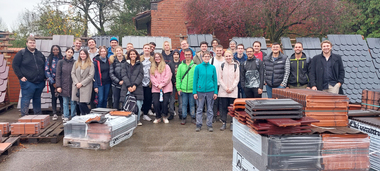Further qualification as a ceramic engineer
The State Technical College of Ceramic Engineering and Ceramic Design in Höhr-Grenzhausen offers an opportunity for vocational training to qualify as a State-Certified Ceramic Designer or State-Certified Ceramic Engineer.
The ceramic engineering course is based on a modular concept, with self-contained subject modules. These modules last around four weeks, enabling focus on relevant aspects for each subject and the professional competences ceramic engineers can be expected to develop.
Accordingly, this vocational course is optimally suited for part-time learning, for which students must only complete a self-planned number of modules per year. They can then graduate as a state-certified ceramic engineer in up to five years. For study time, part-time students can generally use overtime claims, holiday entitlements and unpaid leave. To secure the skilled employees they need, many companies are already significantly subsidizing further training courses both financially and with time release.
For full-time courses, graduation is scheduled after just two years. Full-time students are generally not employed in any company during their studies. Depending on a student’s personal situation, training support may be available from Germany’s upgrade-training assistance scheme (www.aufstiegs-bafoeg.de).
Course start after the summer vacation
During the course, students must complete mandatory modules and choose optional modules depending on their personal interests and course progress. Along with those associated with traditional silicate ceramics, topics covered include abrasives, ceramic refractories, technical ceramics and enamels. All students complete their vocational course with a final project, mostly in cooperation with a ceramics company.
Current concepts emphasize individual learning with a high degree of self-responsibility and independence, promoting a direct and close link to work in the ceramics field. The basis for this are provided by modern media and high-grade laboratory and workshop equipment. The study objective is qualification of students on the German DQR Level 6. To achieve suitable interlinking of ceramic and professional expertise, students complete course modules on management, business administration, communication, work techniques as well as communication in a foreign language. Qualification as an instructor is also possible.
Students have the following options for course entry: a ceramics apprenticeship and one year of professional experience, a non-ceramics apprenticeship and two years of professional experience or six years of professional experience without an apprenticeship, three of which to have been in the ceramics sector. For part-time courses, the professional experience can be certified by the end of the course so as to take any work periods between course modules into account.

